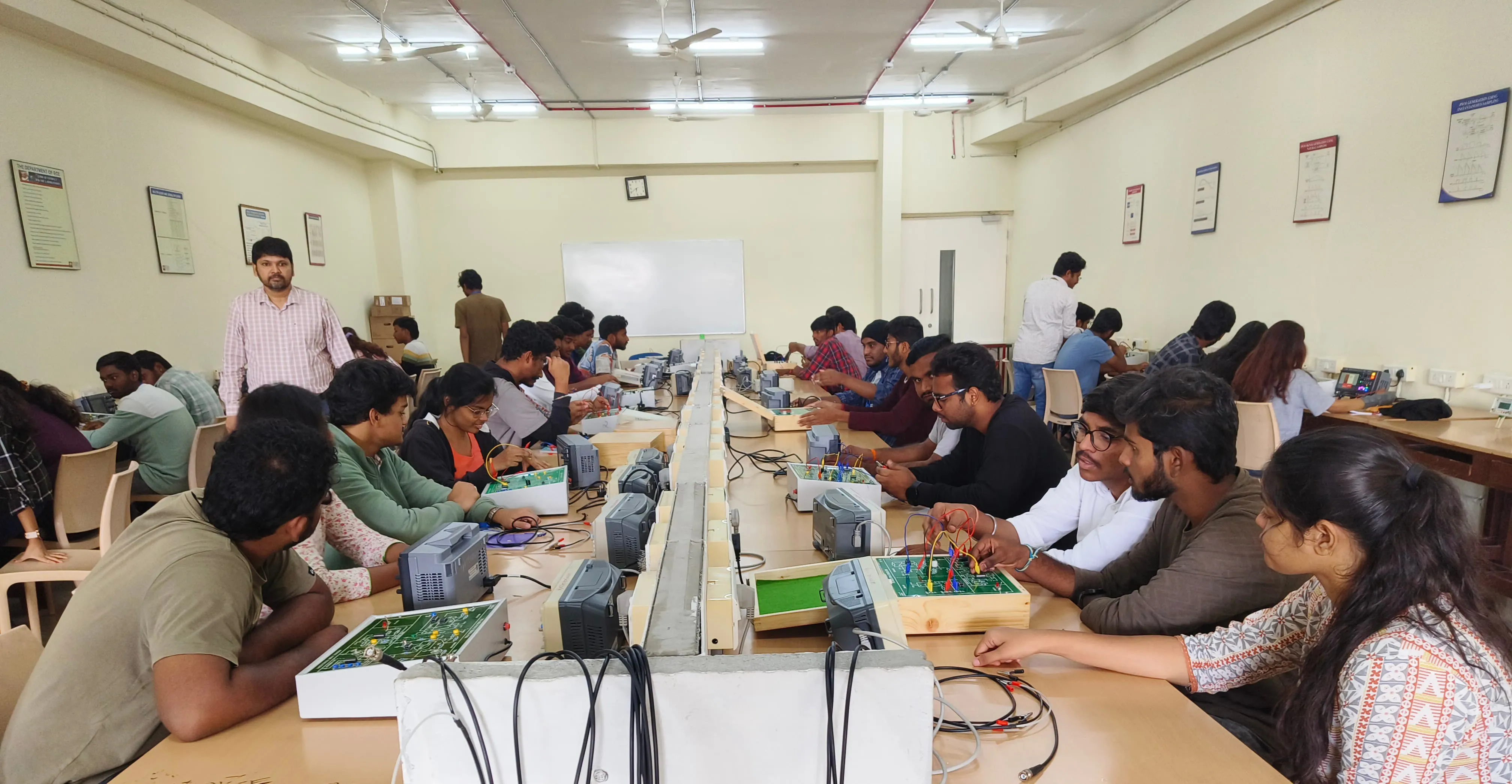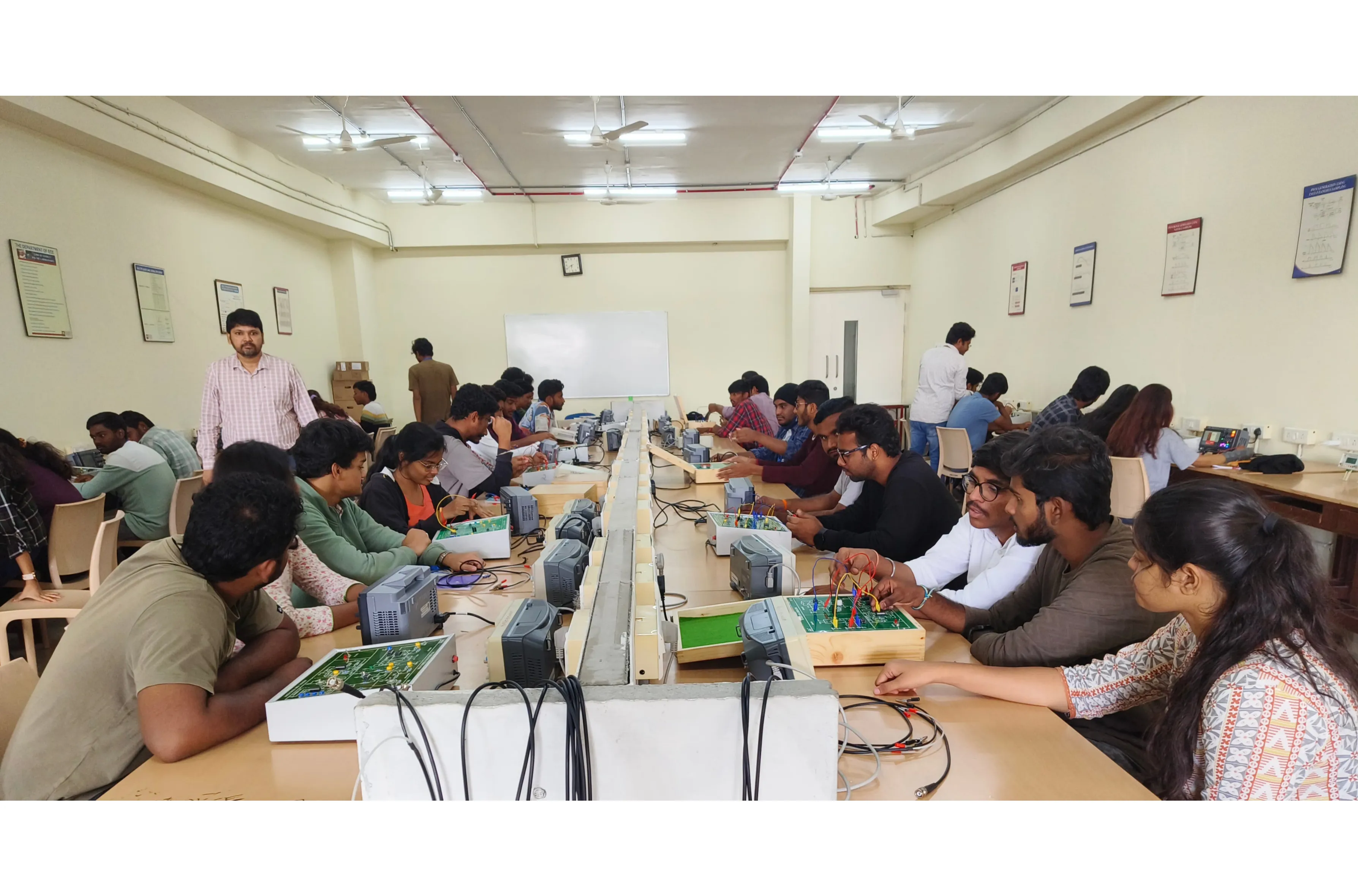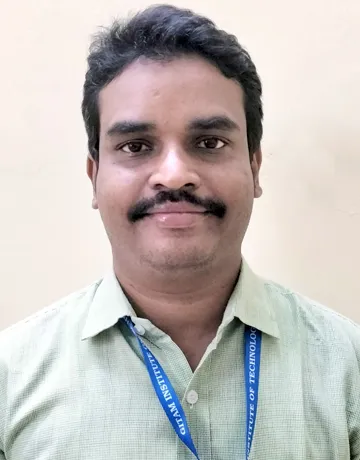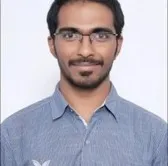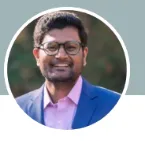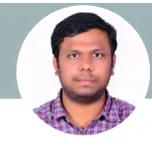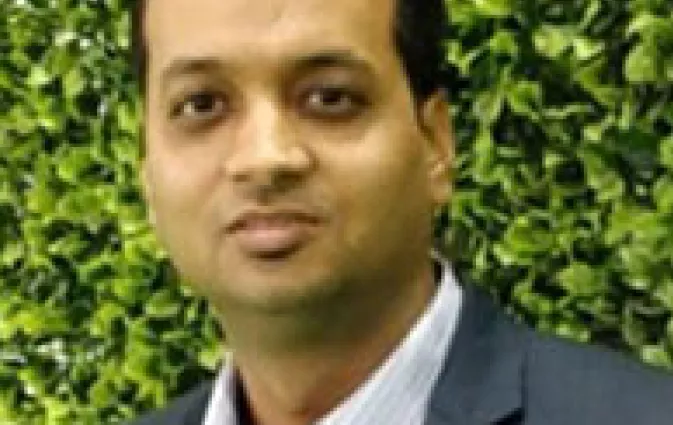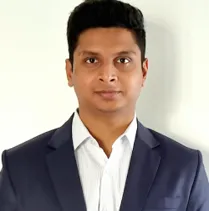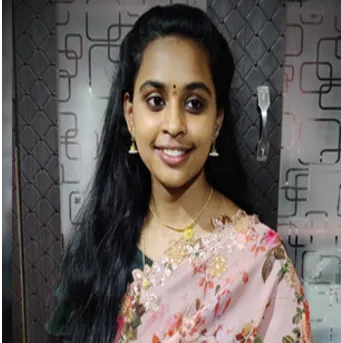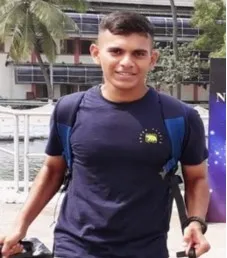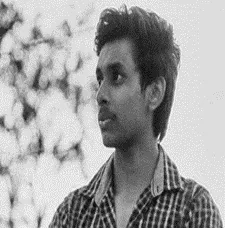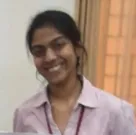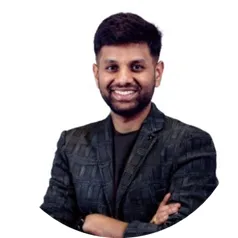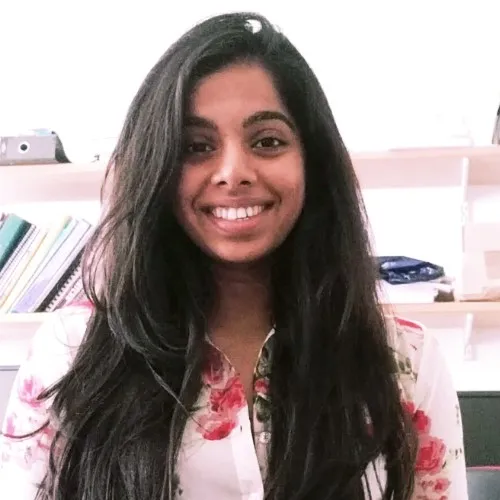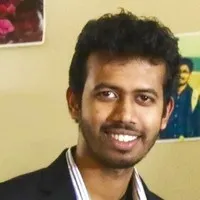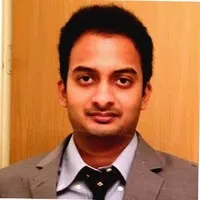B.Tech. Electronics and Communication Engineering
The B.Tech. Electronics and Communications Engineering programme at GITAM School of Technology, Hyderabad, is designed to foster innovation in the electronics and telecom sectors. The curriculum is guided by academic leaders from premier institutions such as IITs and NITs, and developed in collaboration with top multinational corporations. The programme aims to equip students with a strong foundation in both theoretical concepts and practical applications, ensuring they are ready to drive technological advancements and contribute to societal benefits as entrepreneurial innovators.
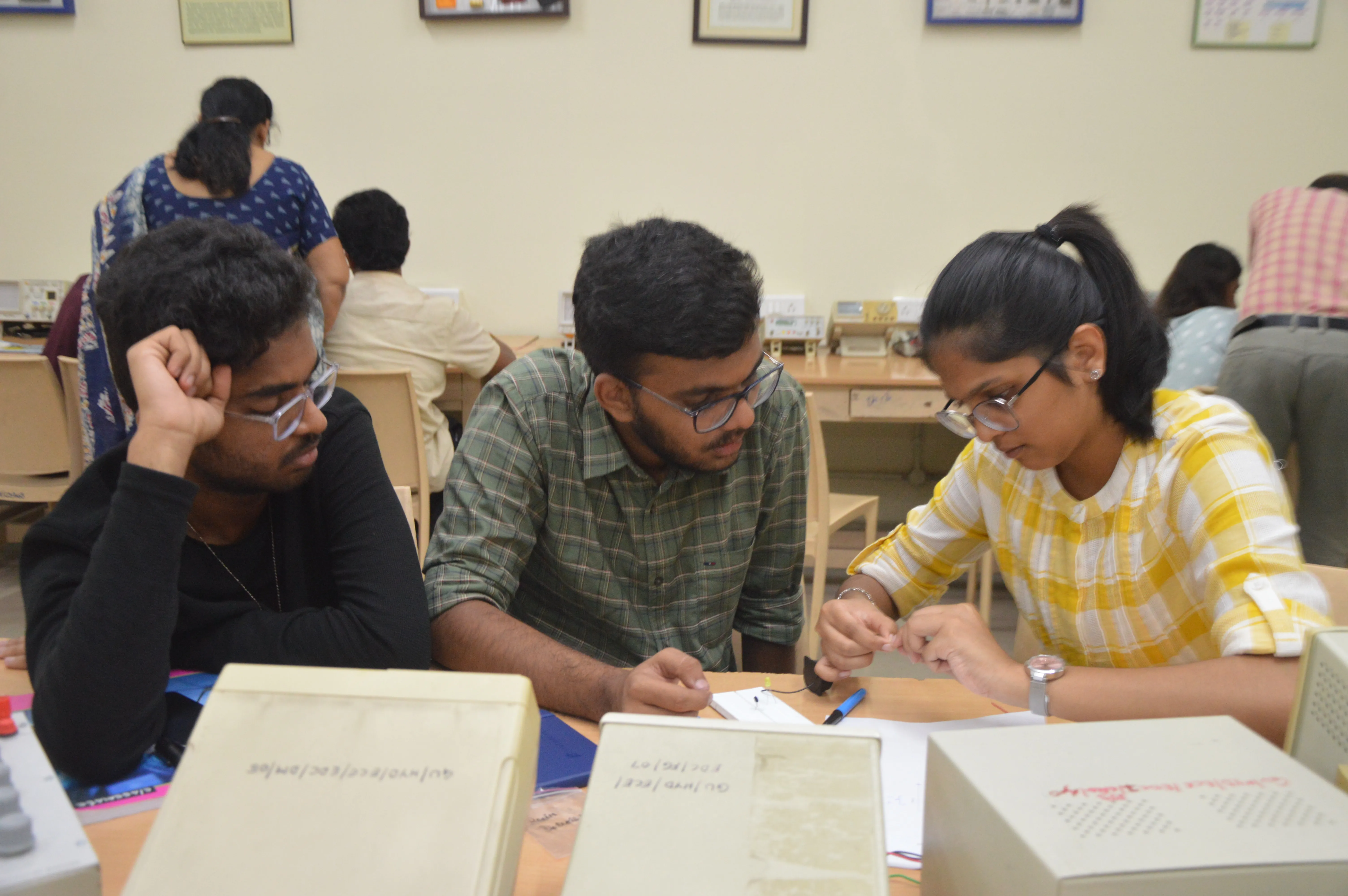
Eligibility
A minimum of 60% in 10+2 with Physics, Chemistry, and Mathematics subjects and qualification in GAT UG (Engineering) 2025.
Scope of the Programme
This programme offers a dynamic blend of Electronics and Communications, covering key areas such as wireless networking, microelectronics, signal processing, and telecom protocols. Graduates can explore careers in various domains, including industrial automation, aerospace and defense electronics, and AI & ML applications, making them valuable assets in the ever-evolving tech landscape.
Outcomes and Objectives
PO1 - Engineering knowledge: Apply the knowledge of mathematics, science, engineering fundamentals, and an engineering specialization to the solution of complex engineering problems.
PO2 - Problem analysis: Identify, formulate, research literature, and analyze complex engineering problems reaching substantiated conclusions using first principles of mathematics, natural sciences, and engineering sciences.
PO3 - Design/development of solutions: Design solutions for complex engineering problems and design system components or processes that meet the specified needs with appropriate consideration for the public health and safety, and the cultural, societal, and environmental considerations.
PO4 - Conduct investigations of complex problems: Use research-based knowledge and research methods including design of experiments, analysis and interpretation of data, and synthesis of the information to provide valid conclusions.
PO5 - Modern tool usage: Create, select, and apply appropriate techniques, resources, and modern engineering and IT tools including prediction and modelling to complex engineering activities with an understanding of the limitations
PO6 - The engineer and society: Apply reasoning informed by the contextual knowledge to assess societal, health, safety, legal and cultural issues and the consequent responsibilities relevant to the professional engineering practice.
PO7 - Environment and sustainability: Understand the impact of the professional engineering solutions in societal and environmental contexts, and demonstrate the knowledge of, and need for sustainable development.
PO8 - Ethics: Apply ethical principles and commit to professional ethics and responsibilities and norms of the engineering practice.
PO9 - Individual and teamwork: Function effectively as an individual, and as a member or leader in diverse teams, and in multidisciplinary settings
PO10 - Communication: Communicate effectively on complex engineering activities with the engineering community and with society at large, such as, being able to comprehend and write effective reports and design documentation, make effective presentations, and give and receive clear instructions.
PO11 - Project management and finance: Demonstrate knowledge and understanding of the engineering and management principles and apply these to one’s own work, as a member and leader in a team, to manage projects and in multidisciplinary environments.
PO12 - Life-long learning: Recognize the need for and have the preparation and ability to engage in independent and life-long learning in the broadest context of technological change.
PEO 1: Demonstrate comprehensive knowledge of analytical foundations to Electronics and Communication Engineering in terms of founding principles of circuits, design, computing, signal processing and communication.
PEO 2: Demonstrate critical thinking and problem-solving abilities to handle the real-world problems by applying theoretical foundations and practical skills in different fields of Electronics and Communication Engineering.
PEO 3: Exhibit qualities of teamwork, appreciation of collaboration that entails inter-disciplinary endeavors and the potential impact of technology on society.
PEO 4: Develop creativity, Research related skills, self-learning, entrepreneurial and leadership skills in order to meet the ever-changing needs and challenges in the profession.
PSO 1: Demonstrate comprehensive knowledge and practical skills in Electronics and Communication Engineering focusing on subareas of Aerospace and Defence Electronics, Telecommunications, Sensors and IoT, AI and ML Applications and Software Defined Vehicles and apply this knowledge to solve advanced problems.
PSO 2: Design and translate abstract concepts in circuits, communications, signal processing, computing and sensing to real-time circuits & systems and analyze their performance.
PSO 3: Research and formulate suitable technologies for the implementation of Electronics and Communication Engineering solutions, demonstrating entrepreneurial and research aspects with a commitment to professional ethics and a focus on societal well-being.
Key Highlights
Centre of Excellence & Infrastructure
Including the Centre for Autonomous Systems, EMI/EMC Lab, Communications and Radar Lab, Signal & Image Processing Lab, and NextGen Connectivity Research Lab.
Research Centre
Engage in multidisciplinary research across different specializations.
Liberal Education Model
Earn 24 credits from various schools such as Business, Humanities, Law, Architecture, and Sciences.
Industry & Academic Collaborations
Collaborations with prestigious organizations like DRDO, Bosch, Capgemini, and IIT Guwahati.
Venture Development Centre
Participate in a mandatory 02-credit venture development course to explore the potential of creating innovative products and services with genuine business potential.
Syllabus
The curriculum includes:
- Wireless Networking
- Signal Processing
- Microelectronics
- Sensor Technologies
- Telecom Electronics Architecture & Protocols
- IoT & Sensors
- AI & ML Communications
- VLSI and Industrial Automation
Career Options
- Electronics Design Engineer
- Telecommunications Engineer
- VLSI Engineer
- Signal Processing Engineer
- IoT Engineer
- Industrial Automation Engineer
- AI & ML Engineer
Notable Alumni
Infrastructure and Facilities

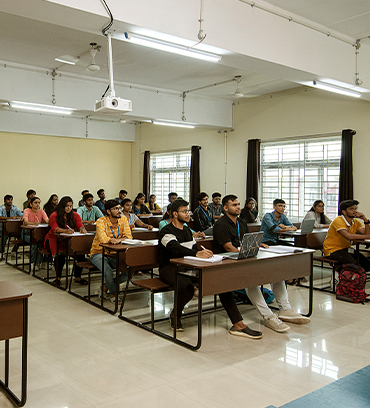



Fee Structure
B.Tech. Electronics and Communication Engineering
1st Year
₹ 2,83,500
2nd Year
₹ 2,97,600
3rd Year
₹ 3,12,400
4th Year
₹ 3,28,000
Scholarships
Merit-Based Scholarships
The scholarship from GAT/National/State Entrance Tests applies only in the first year. To continue receiving it in subsequent years, a minimum CGPA of 8.0 must be maintained.
Apart from the above, the following scholarships are also offered to eligible students.
- Employee Children Scholarships: (60%, 40%, and 20%)
- Loyalty Scholarships: (10% for Any alumni returning to do higher studies/Children of Alumni/Real siblings (Not applicable to step siblings or cousins)/Children of retired employees of GITAM/Spouse of GITAM employees).
- Sports Scholarships: (100%, 75%, 50%, 25% and 15%)
Need-Based Scholarships
- To be eligible for the need-based scholarship, the combined income of both parents/guardians of the eligible student/If the student is married, the combined income of the family, i.e., the student's and spouse's income, must be less than 8.00 LPA.
- The candidates admitted through merit scholarship in the slabs of 75%, 60%, 40%, 25%,and 15%, and the parents/guardians combined income is less than the prescribed limits are eligible for the additional need-based scholarship.
| Scholarship % | Upgraded Scholarship % |
|---|---|
| 75% | 100% |
| 60% | 75% |
| 40% | 60% |
| 25% | 40% |
| 15% | 25% |
Scholarships For Accommodation
- In addition, students awarded need-based scholarships after merit scholarships will receive an additional 20% scholarship specifically allocated for hostel fees at GITAM for slabs: 15%, 25%, 40%, and 60%.
- Students awarded 75% & 100% scholarships are also awarded the same percentage in the hostel and food fees.
| Year | Scholarship % | GAT 2025 Score | JEE(Main) 2025 | AP / TS EAPCET | SAT 2025 | NID DAT 2025 |
|---|---|---|---|---|---|---|
| 2025-26 | 100 | 141 - 200 | >=97.00 | 1 – 100 | 1501-1600 | >=97 |
| 75 | 131 - 140 | 94-96.99 | 101 - 250 | 1451 - 1500 | 94 - 96 | |
| 60 | 121 - 130 | 92 - 93.99 | 251 - 1000 | 1401 - 1450 | 92 - 93 | |
| 40 | 111 - 120 | 90 - 91.99 | 1001 - 2500 | 1351 - 1400 | 90 - 91 | |
| 25 | 101 - 110 | 88 - 89.99 | 2501 - 5000 | 1301 - 1350 | 87 - 89 | |
| 15 | 86 - 100 | 85 - 87.99 | 5001 - 25000 | 1200 - 1300 | 84 - 86 |
Note: Terms & Conditions Applied
Lateral Entry
| Year | Scholarship % | GAT 2025 Score | AP/TS ECET & DCET 2025 Branch Rank | State Technical Board % Except (AP,TS & KA) |
|---|---|---|---|---|
| 2025-26 | 100 | 141 - 200 | 1 – 100 | 95 - 100 |
| 75 | 131 - 140 | 101 - 500 | 91 - 94.99 | |
| 60 | 121 - 130 | 501 - 1000 | 88 - 90.99 | |
| 40 | 111 - 120 | 1001 - 1500 | 83- 87.99 | |
| 25 | 101 - 110 | 1501 - 3000 | 80 - 82.99 | |
| 15 | 86 - 100 | 3001 - 5000 | 70 - 79.99 |
Note: Terms & Conditions Applied




